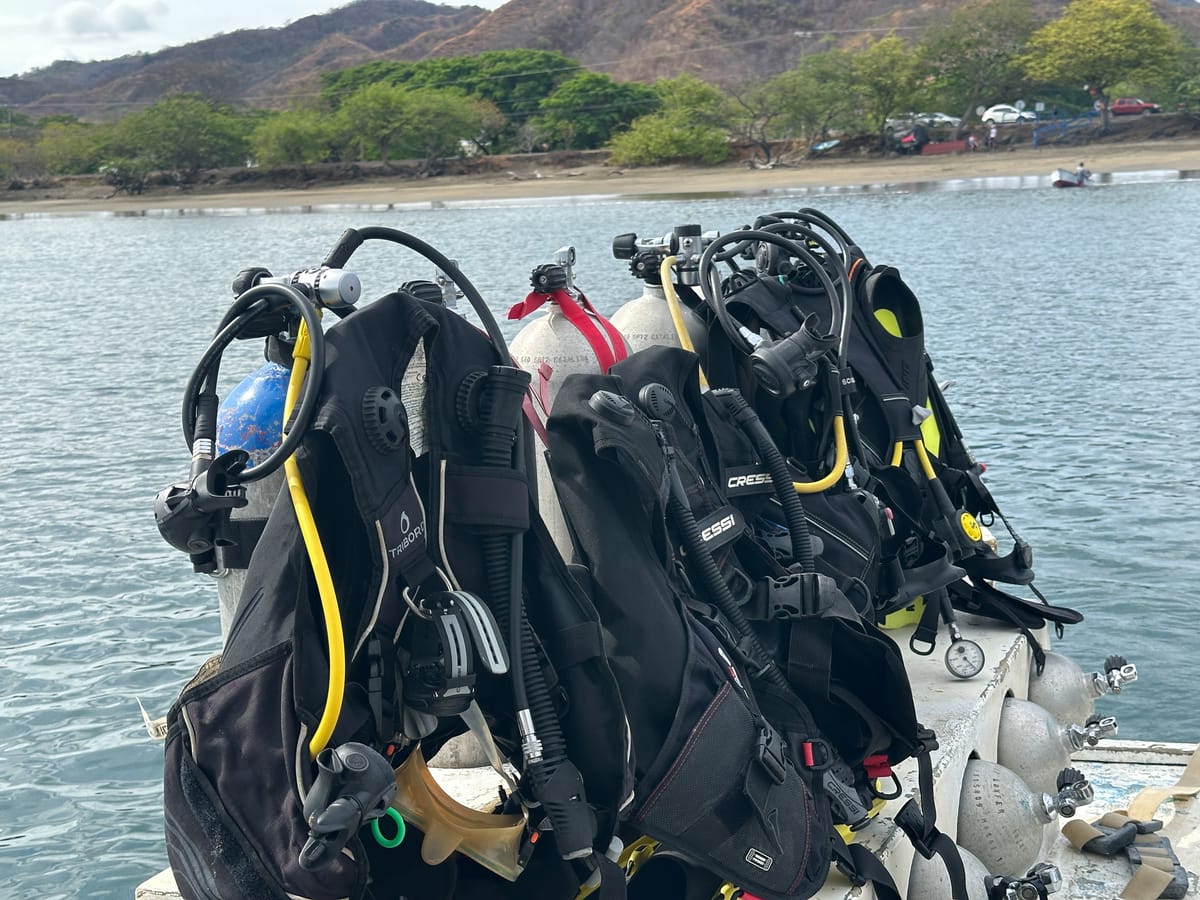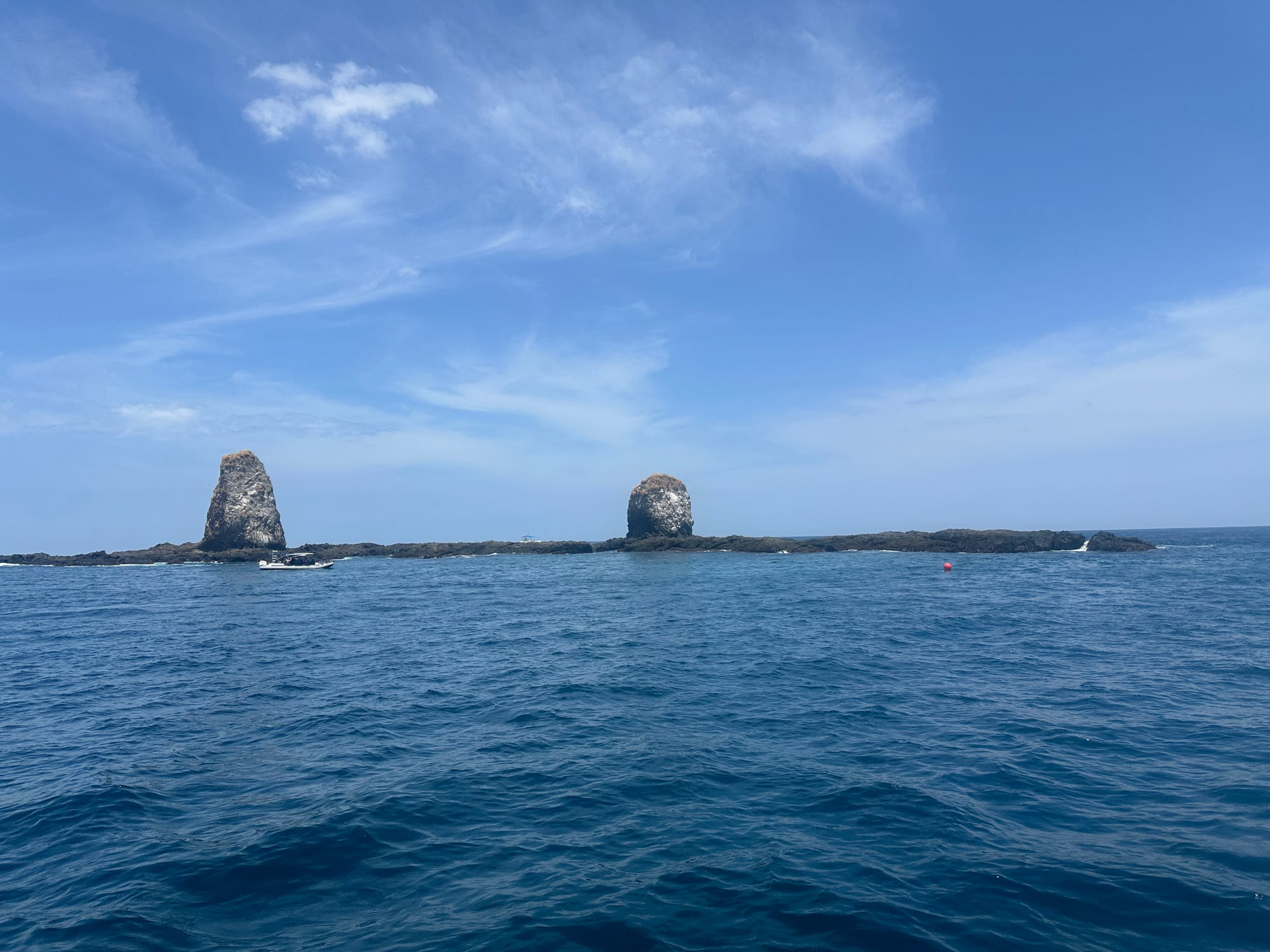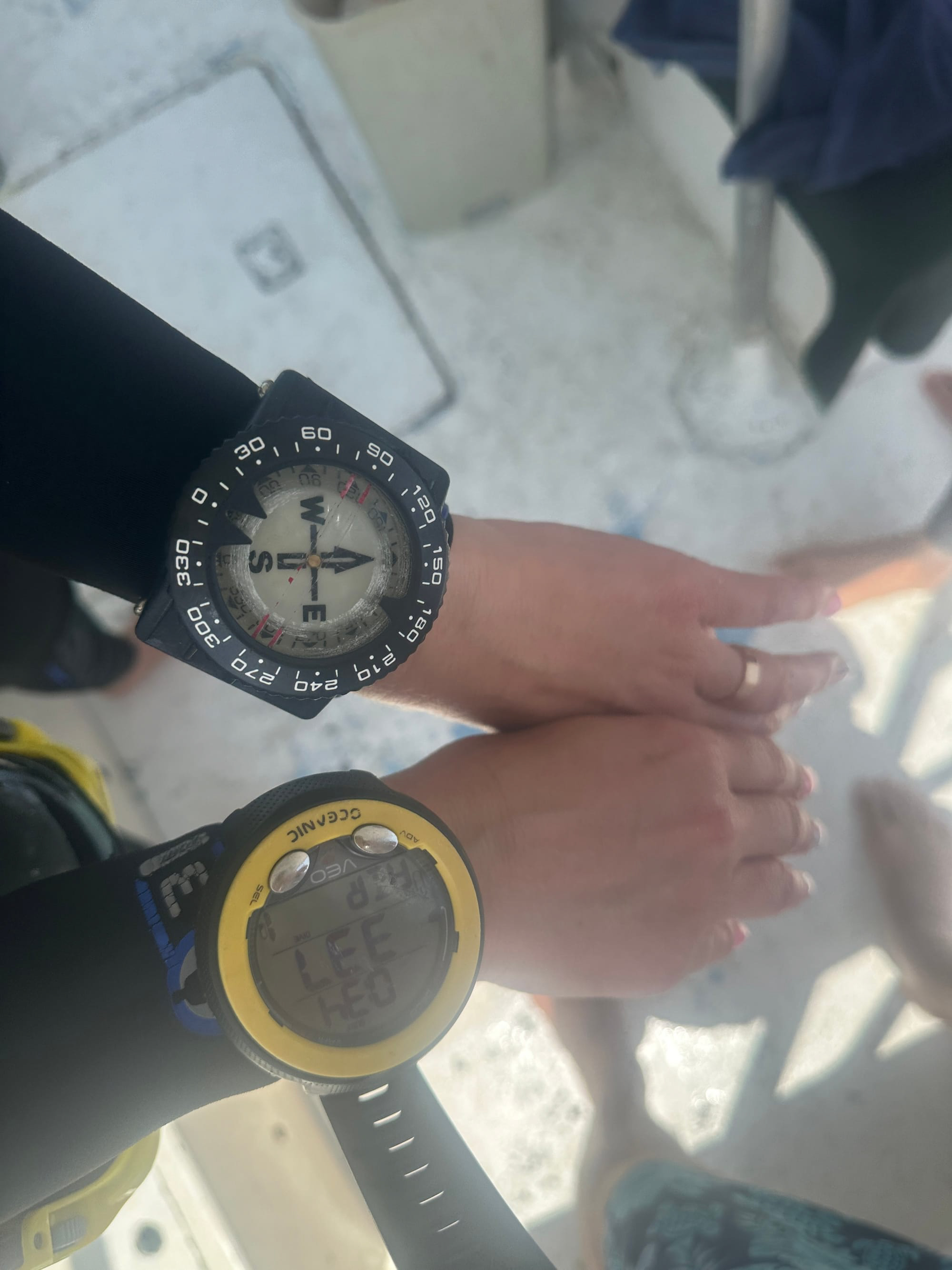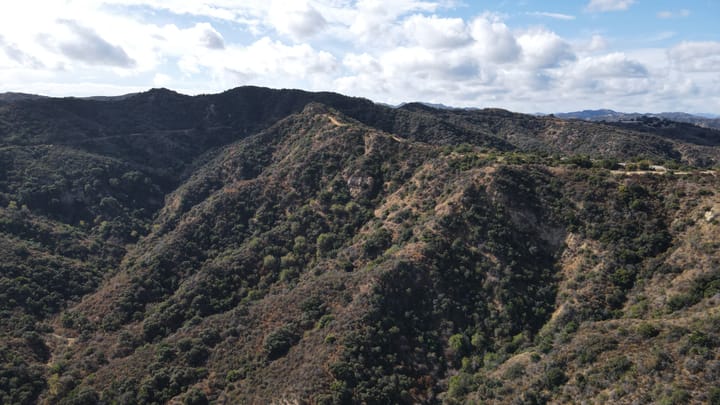A Guide to Obtaining Open Water Diving Certification
Explore the journey to obtaining your open water diving certification. Learn about the process, time requirements, precautions, and flexible options suitable for busy individuals.

Balancing work with personal time can be challenging. If you’re looking to unwind and explore the underwater world, obtaining an open water diving certification can offer a unique and enriching experience. Here’s a comprehensive guide on how to get certified, where you can do it, the time required, necessary precautions, and flexible options for busy professionals.
How to Obtain Open Water Diving Certification
Step-by-Step Process:
- Choose a Certification Agency: The most recognized agencies are PADI (Professional Association of Diving Instructors) and NAUI (National Association of Underwater Instructors). Both offer comprehensive training programs accepted worldwide.
- Complete Academic Training: This can be done online or in a classroom setting. The course includes learning about dive theory, equipment, safety procedures, and underwater communication.
- Confined Water Dives: Practice diving skills in a pool or controlled environment. You’ll learn to use your equipment, manage buoyancy, and basic underwater navigation.
- Open Water Dives: Complete a series of open water dives under the supervision of a certified instructor. These dives are conducted in a natural water body, such as the ocean or a lake.
- Certification: After successfully completing your training and open water dives, you’ll receive your certification card, allowing you to dive anywhere in the world up to a depth of 60 feet.
Time Required to Complete the Course
- Academic Training: Typically takes about 8-10 hours and can be completed online at your convenience.
- Confined Water Dives: Usually requires 1-2 days.
- Open Water Dives: Typically completed over 2-3 days.
Overall, plan for at least 3-5 days to complete the practical portion of the certification.
Precautions After Diving
- No-Fly Time: It is recommended to wait at least 18 hours after your last dive before flying to reduce the risk of decompression sickness.
- Health Requirements: Ensure you are in good health. Avoid diving if you have severe respiratory or cardiovascular issues. Individuals with severe eye conditions, such as retinal detachment or recent eye surgery, should consult a doctor, as pressure changes during diving can affect eye health.
Flexible Options for Busy Professionals
Referral Certification
You can start your certification in one location and finish in another. Here’s how it works:
- Complete Academic and Confined Water Training Locally: Start your training at a local dive center or online.
- Referral Form: Obtain a referral form from your instructor, verifying completion of the initial training phases.
- Open Water Dives Abroad: Take your referral form to a dive center at your travel destination to complete your open water dives and get certified.
This option allows you to break up your training into manageable parts, making it ideal for those with tight schedules.
Completing Practical First, Theory Later
Some agencies may allow you to complete the practical components (confined and open water dives) first and finish the academic portion afterward. However, this depends on the specific policies of the certification agency and the dive center. It's best to inquire directly with the training provider to see if this flexibility is available.
Global Certification Locations
You can obtain your open water diving certification almost anywhere in the world. Here are some popular destinations:
- Caribbean: Belize, Bahamas, Cayman Islands
- Southeast Asia: Thailand, Philippines, Indonesia
- Australia: Great Barrier Reef
- Europe: Malta, Greece, Spain
- Americas: Mexico, Costa Rica, Florida (USA)
These destinations offer a combination of excellent training facilities and stunning dive sites.

My Experience in Tamarindo, Costa Rica
I obtained my open water diving certification in Costa Rica with Tamarindo Diving. It was great and unforgettable experience. On the first day, I learned about the equipment, important aspects of diving, buoyancy control, and other fundamentals. This was followed by a submersion in a pool, which took about half a day.
On the second and third days, I completed two immersions in open waters each day, reaching the maximum allowed depth on the third day. During these dives, I practiced important techniques such as equalization, making decompression stops and other skills. Tamarindo Diving company allows you to finish the theory after completing the practical diving course, as they discuss all critical points in detail on practice. However, I suggest learning the theory as you go along with the practical part. I finished my theory after returning from my vacation. After notifying the company of my course completion, they provided me with an electronic version of my certification. Keep in mind that you need to upload a photo on the website where you complete the theory; otherwise, your certification will appear with the company logo.

Conclusion
Obtaining your open water diving certification can be a rewarding and flexible process. With the ability to start your training locally and complete it abroad, or vice versa, you can manage your time effectively while enjoying the underwater wonders of the world. Whether you're completing the course in one go or breaking it into parts, diving offers a unique opportunity to relax, explore, and find balance in your busy life.




Comments ()